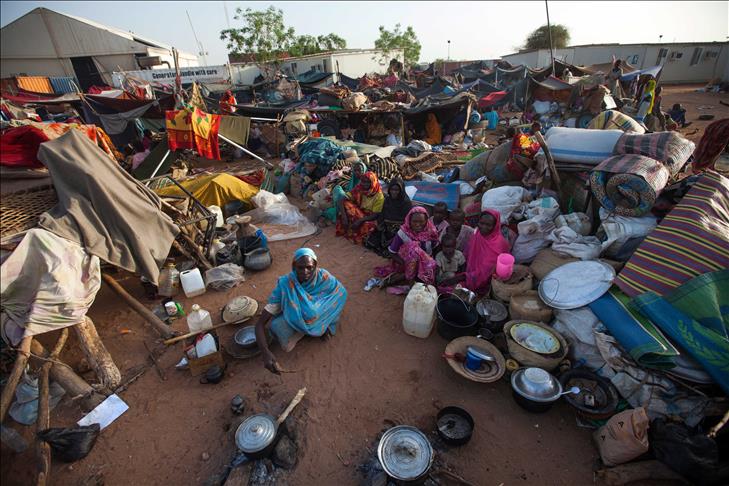
Sudan’s complex humanitarian crisis is rooted in decades of internal conflict, political instability, extreme weather events and poor economic conditions that have contributed to widespread food insecurity, malnutrition and a lack of basic services, especially health services. While these issues have resulted in millions of internally displaced Sudanese, Sudan also hosts refugees from South Sudan and Ethiopia.

After almost eight weeks of fighting, a tenuous ceasefire ended on June 3, and fighting resumed between the army and the RSF. The ceasefire was brokered by the U.S. and Saudi Arabia but was repeatedly broken in the two weeks it was in place (May 22 to June 3). It allowed limited humanitarian aid and support to be provided during that time. On Friday, June 2, talks to extend the ceasefire stalled. Although the U.S. and Saudi Arabia remain committed to the process, neither the RSF nor the army will return to the table. Fighting has continued into July.
Since April 15, at least 1.4 million have been displaced internally within Sudan, and nearly 500,000 have fled to neighboring countries, including Egypt, Chad and Ethiopia.
